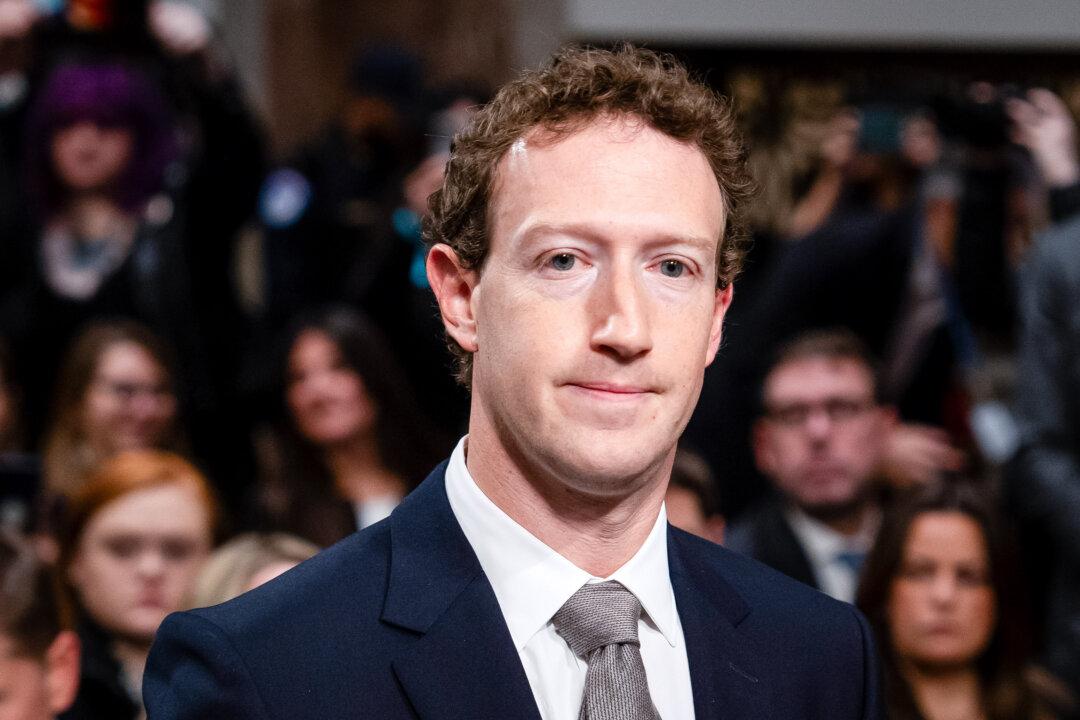Meta did not infringe on the constitutional rights of a group dedicated to sharing information about vaccines, a divided federal appeals court has ruled.
Meta, which owns and operates Facebook, has, for years, been tagging posts from Children’s Health Defense (CHD), a nonprofit group chaired by Robert F. Kennedy Jr. The labels state that CHD is spreading false information about vaccines, wireless technology, and other issues. Meta has also removed CHD’s ability to fundraise on Facebook and stopped the group from buying advertisements.





